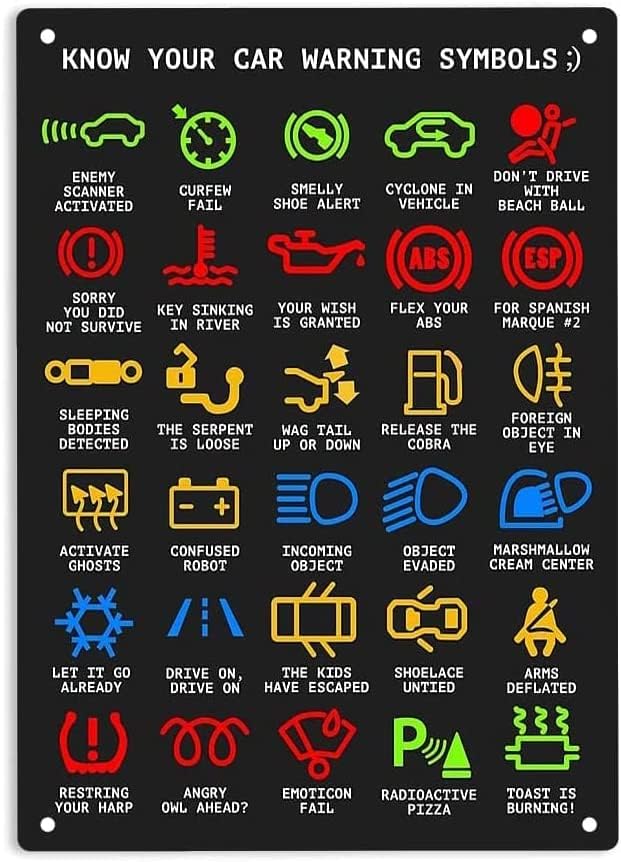the yo to your yo
Sep. 18th, 2025 02:15 pmI've noticed many democrats don't seem to like these things at the moment - and that's understandable.
They have recently repeatedly used these words to describe the tactics:
Unethical! - yeah, I can see that.
Illegal! - I'm no law expert but if it's not yeah maybe a few of those should be
Unconstitutional! - I also happen to not be a constitution expert but from my understanding yeah it sure seems that way
Unprecedented! - and there's the problem. One word - huge problem. I get that time slots need to be filled and multi-syllable adjectives do that well - but not that one. Perhaps if - not only did democrats stop using that word - but also acknowledged why that is a word they should not use, the nation could begin to heal. (OK it probably wouldn't do that definitely no guarantee but worth a shot right?)
On the subject: Conspiracy theories we kind of wish were true
Sep. 17th, 2025 09:59 pmHere are a few reasons such theories can feel appealing:
1. Hope for justice or truth: If we believe that a powerful elite is suppressing good science, revelation gives the underdog a kind of moral high ground.
2. Intrigue and drama: Real events are messy, confusing, boring. A well-defined conspiracy delivers clarity: villains, motives, hidden agendas.
3. Sense of control: Believing in a hidden controlling force can paradoxically make the world feel more predictable - you know who the "bad guys" are.
( Read more... )
Friday LOL. Know your car warning symbols
Sep. 12th, 2025 02:34 pmAnyways, you should know your car. No need to thank me.

America's biggest problem
Sep. 9th, 2025 01:01 pmEconomic inequality in the US has reached record levels, with nearly 70% of wealth concentrated in the hands of the richest 10%. Corporate profits and shareholder dividends have skyrocketed over the past five decades, while the share of economic growth reaching workers has steadily declined. By 2023, the working class had effectively lost the gains it had built up since the post World War 2 era.
This growing wealth gap threatens American democracy itself. The poorest half of the population owns just 3% of the nation's wealth, and the consequences are visible in worsening health outcomes, rising addiction and suicide rates, and increasing family instability. At the same time, the influence of the wealthy over politics has deepened, eroding trust in institutions and fueling populist, often authoritarian movements.
If the US is to preserve democracy and social stability, restoring the idea of "general welfare" as outlined in the Constitution must become a priority. Inequality is not inevitable, but reversing it will require bold, long-term reforms.
Among the possible solutions I think are raising the minimum wage, reforming the tax system to ensure the wealthy pay a fairer share, strengthening labour protections, and investing in affordable healthcare and education. These measures could help rebalance the economy and rebuild trust in democratic institutions. I know, easier said than done, especially with the stance of the current administration.
'Star Trek' premieres
Aug. 27th, 2025 07:50 pm"Star Trek" premieres September 8, 1966 on NBC, launching what would become the most "successful failure" in television history. While the series lasts for only three seasons due to low ratings, it eventually finds new life in syndication, growing into one of the longest-running and highest-grossing media franchises of all time.
The show's creator, Gene Roddenberry, a decorated B-17 World War II and Pan American World Airways pilot, traded the cockpit for a badge with the Los Angeles Police Department—an unlikely springboard to Hollywood. Providing technical advice to the popular crime series "Dragnet," he leveraged his role into a screenwriting career by penning episodes for "Dragnet" and various other shows. In April 1964, Roddenberry submitted a 16-page outline and a $2 check to register a new show idea with the Writers Guild of America West. It was called "Star Trek."
Roddenberry pitched the show as a “space western,” describing it as a “‘Wagon Train’ to the Stars”—a reference to a popular 1957 Western series set on the American frontier. "Star Trek" ventured into another frontier: space, the final one. As the show’s iconic opening monologue declares, the series chronicled the voyages of the Starship Enterprise on its mission “to explore strange new worlds, to seek out new life and new civilizations, to boldly go where no man has gone before.”
"Star Trek" also boldly went where no other shows had gone before by assembled one of American television’s first multiracial casts. It also famously aired its first kiss between an African American and a white American—with Nichelle Nichols as Lieutenant Nyota Uhura and William Shatner as Captain James T. Kirk—a milestone for a country grappling with racism and civil rights issues.
Through suspenseful adventure, richly-drawn characters—along with starships and warp capabilities—"Star Trek" explored some of the most relevant political and social issues of the time. While an avowed science fiction fan, Roddenberry confessed setting "Star Trek" in space was a ruse for escaping the harsh television censorship of the 1960s. “It seemed to me that perhaps if I wanted to talk about sex, religion, politics, make some comments against Vietnam and so on, that if I had similar situations involving these subjects happening on other planets to little green people, indeed it might get by, and it did,” he marveled.
Ratings, however, were lackluster. "Star Trek" never cracked Nielsen’s “Top 20 Programs” during its run on NBC. Relegated to the Friday 10:00 p.m. time slot in its third season, the show was canceled after 79 episodes. Yet, like the iconic Vulcan greeting “live long and prosper,” the series did just that. Through syndication, it spawned an impressive legacy of spin-off shows, feature films and thousands of devoted "Trekkies"—firmly establishing its place in the cultural lexicon.

The post 'Star Trek' premieres appeared first on HISTORY.


